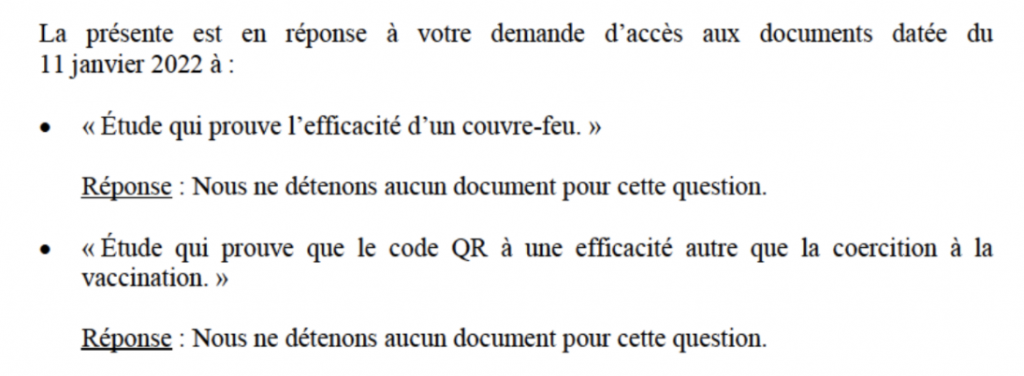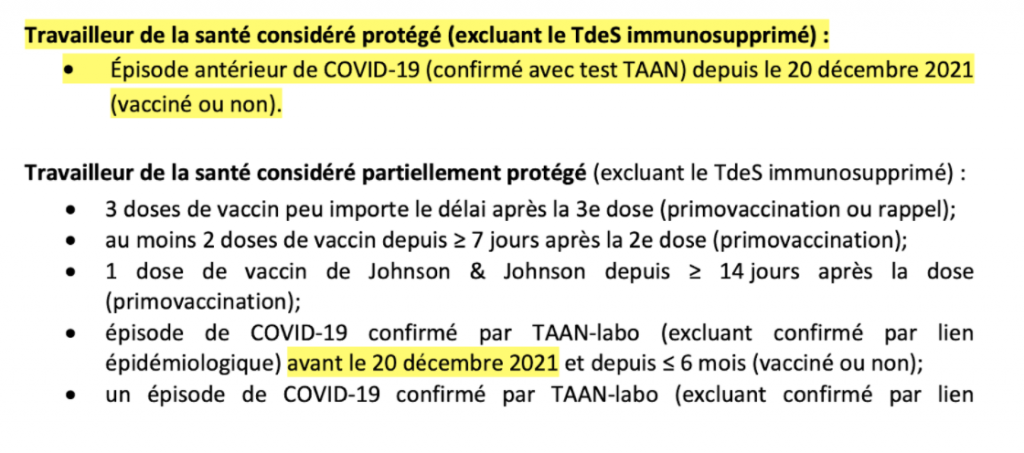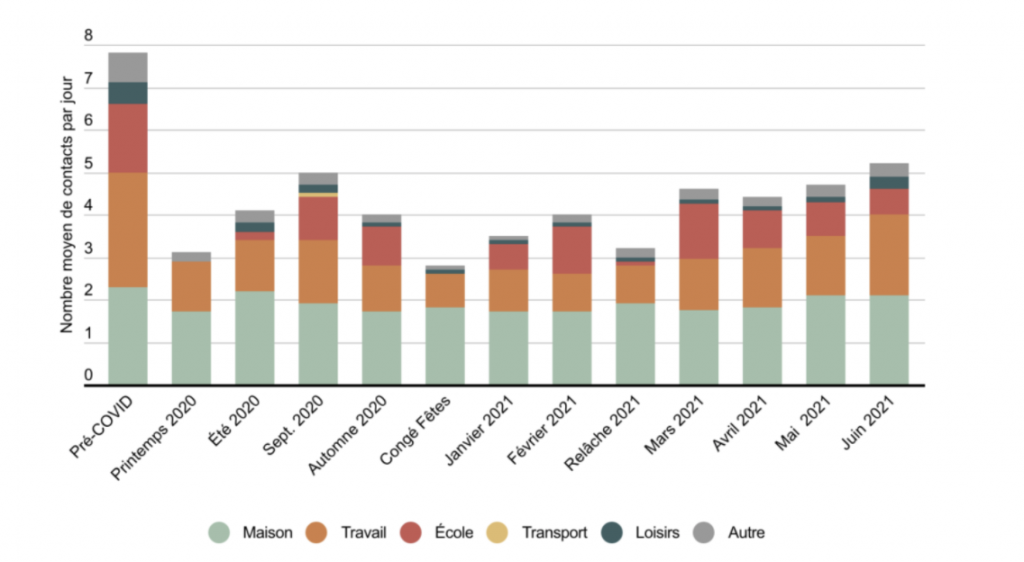Despite Quebec’s use of repeated curfews and vaccine passports, the province’s national institute of public health (INSPQ) has admitted that it does not have any documents related to studies showing the effectiveness of these two measures.
These and other revelations came in response to an access to information request filed on Jan 11 asking a number of questions related to the COVID-19 pandemic.
The request inquired whether the INSPQ had any studies proving the effectiveness of curfews, to which it stated that it holds “no documents for this question.”
The same answer was given to a question about whether the INSPQ had studies proving the effectiveness of vaccine passports (apart from increasing vaccination rates through coercion).

The INSPQ was also asked to provide any documents it had suggesting that natural immunity resulted in better protection from COVID-19 than vaccination.
It once again responded by stating it had no documents relating to the question.
Despite this lack of documentation, a directive from Quebec’s Ministry of Health reveals the INSPQ had advised that workers who are double or even triple-vaccinated are to be considered only partially protected.
However, the ministerial directive also stated that non-immunocompromised healthcare workers who had been infected with COVID-19 since Dec. 20 2021 are considered “protected” regardless of their vaccination status.

Even though Quebec’s health ministry considers recently infected unvaccinated workers to have stronger protection from COVID-19 than some people with three vaccine doses, unvaccinated Quebecers remain subject to harsh restrictions due to the province’s vaccine passport program.
Quebec has some of the harshest vaccine mandates in North America, which were recently expanded to include places of worship and government run liquor and cannabis stores.
The government also banned the unvaccinated from buying groceries at big box stores including Walmart and Costco. Quebec even considered charging unvaccinated people a “significant” health tax, but later abandoned the idea amid backlash.
True North reached out to the Quebec Ministry of Health for comment on the findings of the INSPQ’s access information request.
“The curfew, when applied, certainly had a deterrent effect on the population from going out after a certain time,” said a spokesperson for the ministry.
The ministry added that “(o)bservational studies show that it prevented gatherings. The curfew was therefore useful at a time when the number of cases in the general population remained high.”
However, only one of the studies provided to True North mentioned Quebec’s curfew, and it focused on overnight mobility. The other studies analyzed curfews in other nations.
While the mobility of Quebecers was certainly impacted by the curfew, a group of 13 experts wrote in December that curfews were insignificant when it came to reducing the spread of COVID-19.
The group used data from the INSPQ to back their claim, concluding that the curfew imposed by the government of Quebec was not only ineffective when it came to preventing the spread of COVID, but harmful to society at large.

True North also previously reported that Montreal’s public health director Dr. Mylène Drouin was against reimposing the curfew in response to the Omicron wave.
The Quebec government chose to ignore Droin’s advice.
Despite Quebec being the only province to impose a curfew, it has the highest COVID death rate in Canada, as well as the country’s third-highest rate of infection.

